Bye-bye, Palandt! – post at the Dispute Resolution Germany blog, on July 27th:
C.H. Beck, Germany’s leading legal publisher, today announced that several of its publications will finally be renamed in light of the Nazi past of the jurists whose names they currently bear. All of these publications are household names for law students and practitioners alike.
The campaign for these names to be changed was pretty much a niche thing for many years and gained traction and public visibility only fairly recently.
I didn’t realize that Palandt was a member of the Nazi party. According to German Wikipedia, Beck Verlag chose him as the editor (of the BGB commentary) at short notice in 1938. Palandt (1877-1951) wrote the foreword and introduction until the tenth edition in 1952. In 1945 he removed the pro-Nazi bits. He was allegedly not responsible for the overall editing.
I haven’t got a Palandt at the moment, but I have sometimes bought reduced-price older editions in Germany and found them very useful, but not predictably frequently. Probably there are ways of consulting it online – it was never very easy as a full-time freelance translator to go to a library to consult it, as time was scarce.
After much criticism, Beck Verlag has eventually decided to change the name from Palandt to Grüneberg. The same fate befalls Maunz, Schönfelder (killed in Italy in 1944) and Blümich (I don’t think I’ve encountered Blümich).


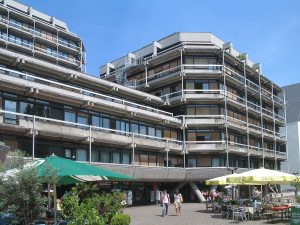
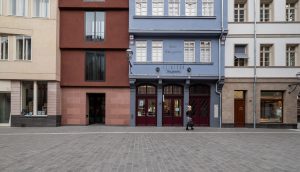


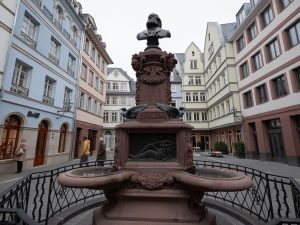
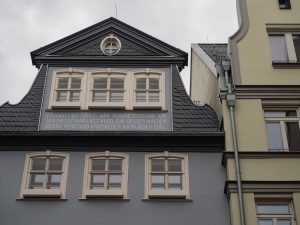
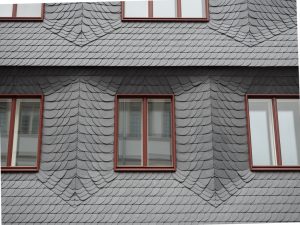
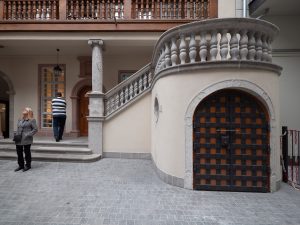




 German Döner Kebab shops are apparently everywhere.
German Döner Kebab shops are apparently everywhere.